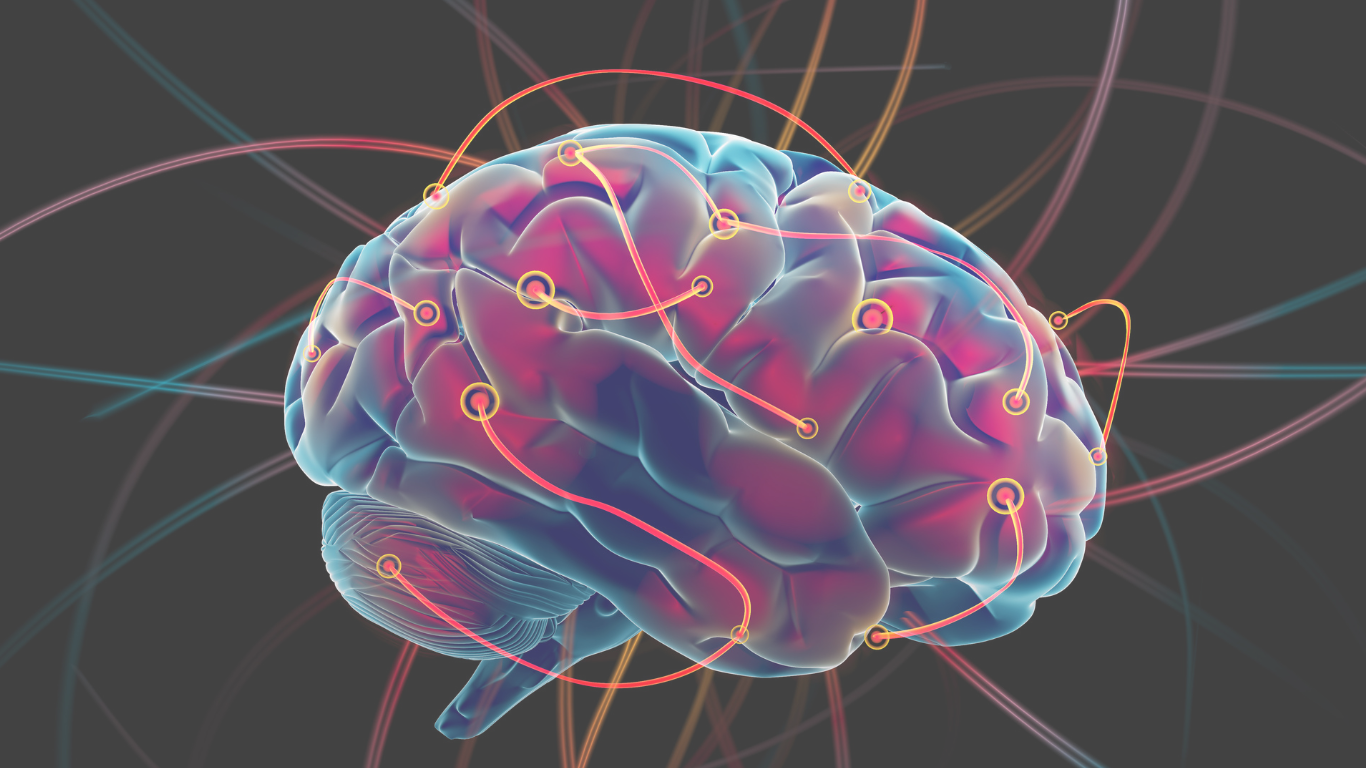
How your brain changes when you learn a new language
- Date 15/04/2025
Learning a language isn’t just a useful skill for traveling, working, or watching shows without subtitles. It’s actually a full workout for your brain. Multiple scientific studies have shown that speaking more than one language has deep and positive effects on how your brain is structured and how it works. But… what exactly is happening up there?
- Your brain gets stronger (yes, like a muscle)
The brain isn’t a muscle, but it works like one: the more you use it, the stronger it becomes. Learning a new language stimulates brain areas related to memory, attention, and problem-solving. This boosts your neuroplasticity—your brain’s ability to adapt, reorganize, and learn new things at any age.
- You become better at making decisions
Language learning forces you to compare structures, search for synonyms, translate in real-time, and think before speaking. All of this trains your brain to evaluate options more quickly. Bilingual people tend to be more rational and less impulsive when making decisions—even in their native language.
- It improves your memory and concentration
Studying vocabulary, grammar rules, or idioms strengthens your working memory (the kind you use to hold on to short-term information). On top of that, people who speak multiple languages are often better at concentrating and ignoring distractions.
- Greater empathy and mental flexibility
Learning a new language also opens your mind culturally. When you understand new ways of expressing ideas, you begin to understand new ways of thinking. This helps develop your empathy and your ability to see the world from multiple perspectives.
- It protects your brain as you age
Studies have shown that bilingual or multilingual people have a lower risk of developing dementia or Alzheimer’s. Why? Because their brains have more alternative “pathways” to process information, making them more resilient to cognitive decline.
Learning a language is like going to the gym… but for your mind!
So the next time you’re memorizing irregular verbs or trying to understand a song in another language, remember this: you’re training your brain—making it faster, sharper, and healthier. Learning a foreign language doesn’t just connect you to the world, it connects you to yourself in a smarter way.
Sources:
– Bialystok, E. (2011). Reshaping the mind: The benefits of bilingualism. Canadian Journal of Experimental Psychology.
– Mechelli, A. et al. (2004). Structural plasticity in the bilingual brain. Nature.
– Craik, F. I. M., Bialystok, E., & Freedman, M. (2010). Delaying the onset of Alzheimer’s disease: Bilingualism as a form of cognitive reserve. Neurology.
– Kroll, J. F., & Dussias, P. E. (2013). The benefits of multilingualism to the personal and professional development of residents of the US. American Academy of Arts and Sciences.
